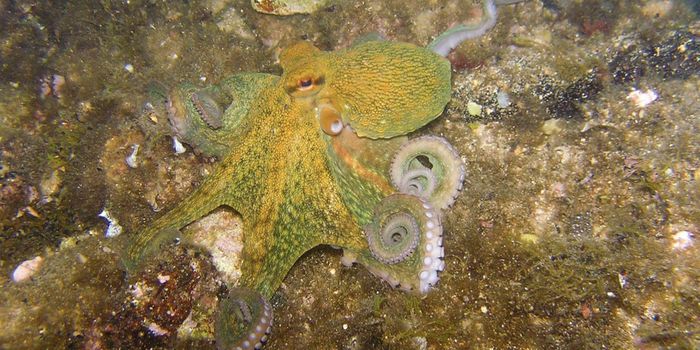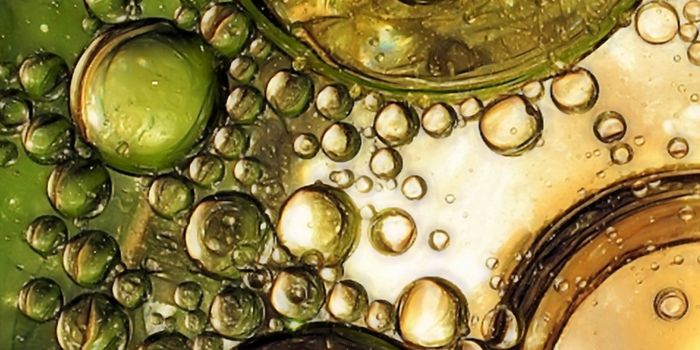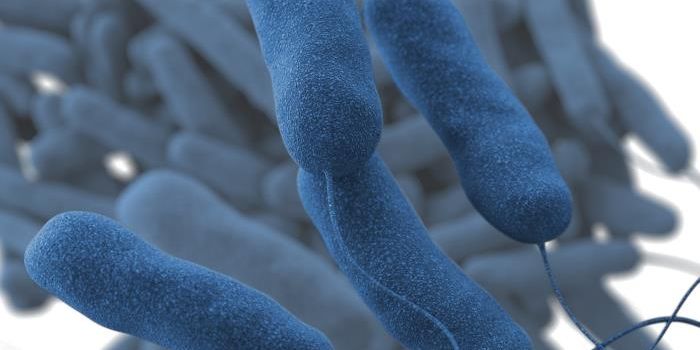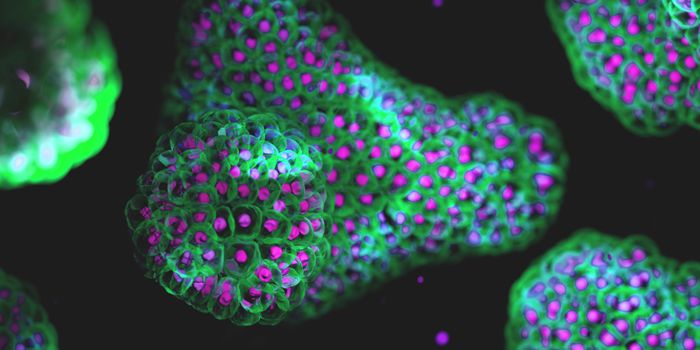Modified Antibiotic Makes for Powerful Weapon Against Superbugs
Antibiotic-resistant bacteria are a major cause for concern, and these pathogens are expected to become a serious threat to humanity in the future. Developing and improving antibiotics is essential if we are to successfully face this challenge. There is some good news to report on that front; scientists have modified an existing antibiotic, vancomycin, and successfully made this life-saving drug even more potent.
"Doctors could use this modified form of vancomycin without fear of resistance emerging," explained Dale Boger, co-chair of TSRI's Department of Chemistry and leader of the work, which was published in the Proceedings of the National Academy of Sciences.
Vancomycin is an effective drug that has been is use for 60 years, and makes a great starting point for the creation of improved antibiotics because it has been prescribed for so long with microbes only now beginning to build a resistance to it. Vancomycin disrupts the synthesis of cell walls in bacteria, and it seems those bugs have not been good at overcoming that mode of efficacy.
Boger thinks vancomycin is "magical" for its proven power against infections, and previous work by Boger and his team at TSRI has indicated that by making two modifications to vancomycin, it’s possible to make it even more effective. "With these modifications, you need less of the drug to have the same effect," Boger explained.
Related: Antibiotic Resistance Gene Appears on US Farm
In this new work, the investigators have shown that an additional modification can be made, one that disrupts the cell wall of bacteria in a different way. The researchers were encouraged by their findings. When used in conjunction with the previous two modifications, there is a 1,000-fold increase in the activity of vancomycin. With a drug that powerful, far less antibiotic would be required for most patients to fight infection.
This work also makes this thrice-modified vancomycin the first antibiotic to have three different modes of action. "This increases the durability of this antibiotic," said Boger. "Organisms just can't simultaneously work to find a way around three independent mechanisms of action. Even if they found a solution to one of those, the organisms would still be killed by the other two.”
The modified drug was tested on Enterococci bacteria, it was found that the modified vancomycin was able to destroy both Enterococci as well as vancomycin-resistant Enterococci.
Next, the scientists are aiming to streamline the synthesis of the modified vancomycin so that fewer steps will be needed; it currently is a 30 step process to make it. But Boger said that will be the "easy part" of the research when compared with the challenge of engineering the molecule.
"Antibiotics are total cures for bacterial infections," said Boger. "Making this molecule is important, even by the current approach, if the failure of antibiotics continues."
Sources: Sciencedaily via TSRI, PNAS








